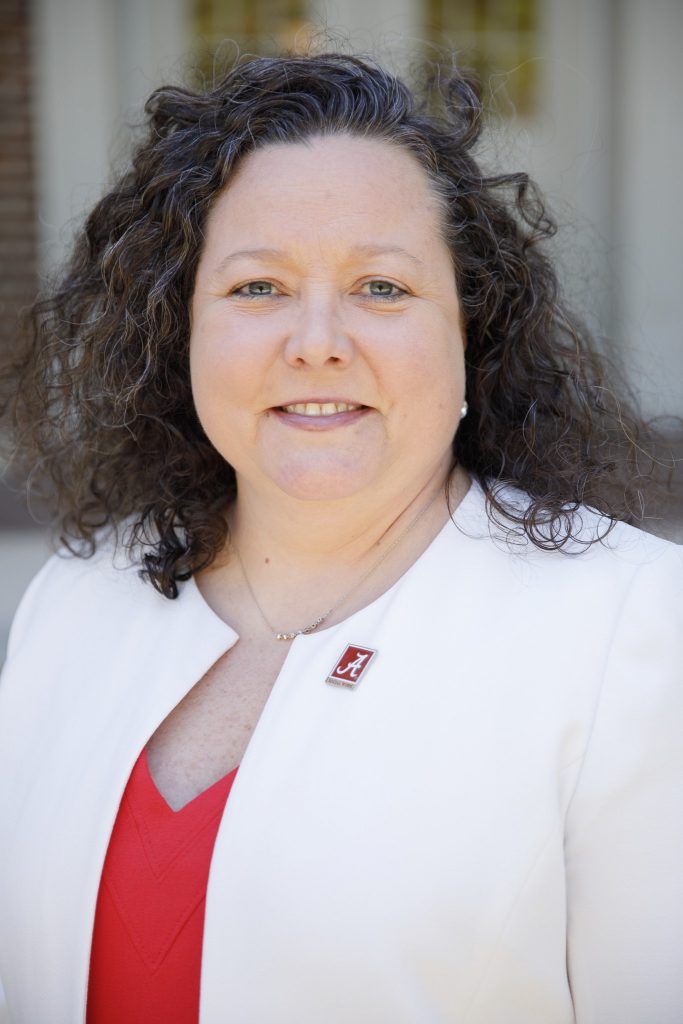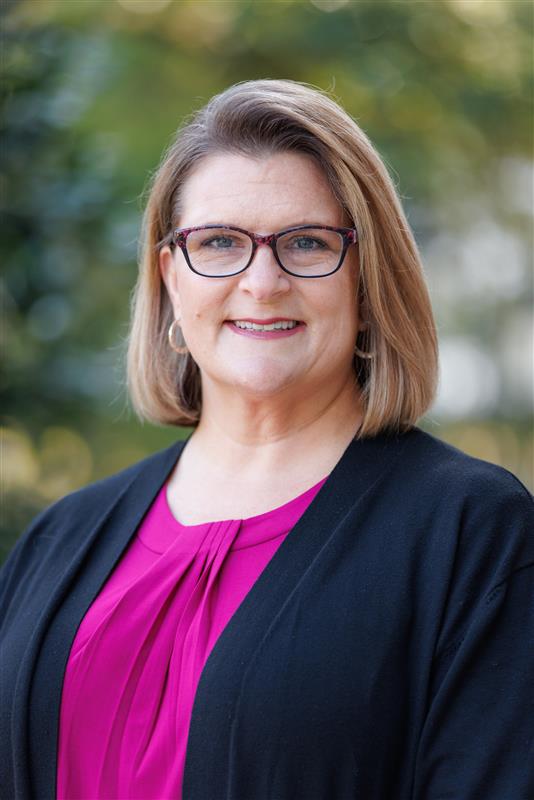
Differential Diagnosis: Using the Diagnostic and Statistical Manual of Mental Disorders (DSM-5-TR)
April 13, 2026
Register today for this virtual workshop presented by Daphne S. Caine, PhD, LCSW
Workshop Overview
The DSM-5-TR is designed to serve clinicians as a guide to identify the most prominent symptoms to be assessed when differentially diagnosing a mental health disorder. Clinical training and experience are needed to use the DSM-5-TR. The diagnostic criteria utilized in the DSM-5-TR identify symptoms, behaviors, cognitive functions, personality traits, physical signs, syndrome combinations, and durations that require clinical expertise to differentiate from normal life variations and transient responses to stress. Reliable diagnoses are essential for guiding not only treatment recommendations but also psychopharmacology. This training presents information concerning the criteria used in the differential diagnosis of mental disorders recognized in the DSM-5-TR. The training is intended to teach participants how to effectively utilize the DSM-5-TR manual. You will become familiar with the mental health disorders contained in the DSM-5-TR and will be presented opportunities to differentially diagnose disorders utilizing practice vignettes.
| Available Dates | April 13, 2026 |
| Time | 8:45 – 12:00 pm CST |
| Location | This workshop will be entirely virtual. The Zoom link will be sent out one week before the workshop’s start. |
| Workshop Fee | $89 |
Workshop Objectives:
Upon successful completion of this training, individuals will be able to:
- Effectively utilize the DSM-5-TR
- Describe the broad categories of mental disorders and the criteria for their differential diagnosis as specified in the DSM-5-TR
- Demonstrate capacity in differential diagnosis utilizing practice vignettes
Workshop Materials:
- Participants are strongly encouraged to have a DSM-5 or DSM-5-TR (preferred) available for reference during this training.
**This training satisfies the ASBSWE licensure renewal requirements based on the amendments made to Chapter 850-X-8 Continuing Education, requiring an additional 3.0 clinical contact hours of training on the DSM-5-TR for clinical social workers.

Keynote Speaker
Daphne S. Cain, PhD, LCSW
Daphne S. Cain, Ph.D., LCSW, earned a BA in Psychology with a minor in Women’s Studies from North Carolina State University (NCSU, 1992), an MSW with an emphasis in mental health from East Carolina University (ECU, 1995), and a PhD in Social Work from the University of Tennessee, Knoxville (UTK, 2002). Dr. Cain is licensed as a clinical social worker in North Carolina (1997 – current). Her professional clinical experiences include working as a family therapist and adolescent team leader in a residential group home, serving as an adolescent intensive outpatient therapist, working as a PRN therapist for a psychiatric hospital (adults and children), and serving as a marriage and family therapist in private practice.
Dr. Cain has served in higher education for 22 years. Her academic career began in the School of Social Work at LSU (2001 – 2014) where she earned tenure and promotion to Associate Professor and served as the MSW Program Director (2009 – 2012), Interim Dean (2011 – 2012), and Interim Director (2012 – 2014). Dr. Cain served as Chair of the Department of Social Work at the University of Mississippi (2014 – 2018). She was promoted to Full Professor in 2017 and served as the Interim Associate Dean of Research for the School of Applied Sciences, University of Mississippi (2018). Dr. Cain moved to The University of Alabama in 2018 to serve as the Associate Dean of Administrative Services (2018 – 2022) and served as the Interim Associate Dean of Educational Programs and Student Services (2021 – 2022).

Dr. Cain’s areas of research include disaster social work & disaster mental health and child welfare & child welfare training. She teaches mostly clinical classes including Psychopathology and Differential Diagnosis, Advanced Clinical Social Work Practice, and Marital and Family Treatment in Social Work. She served as the Editor-in-Chief for the Journal of Best Practices in Mental Health (2018 – 2023) and she is the Alabama Department of Human Resources (ADHR) Title IV-E Principal Investigator (2018 – current).
Dr. Cain is a Professor at The University of Alabama School of Social Work.
Register Online
The registration fee for this virtual workshop is $89. It will take place on Monday, April 13, 2026, from 8:45 a.m. to 12:00 p.m.
*This workshop is worth 3.0 clinical Contact hours on the DSM-5-TR Manual.
The University of Alabama Continuing Education and Lifelong Learning has been approved by NBCC as an Approved Continuing Education Provider (ACEP) No. 7285.
Differential Diagnosis: DSM-5-TR has been approved for 3.0 Contact hours.
Visit our registration portal to register online forApril 13, 2026.
You will be taken to our online registration area. The screen will look different from this part of our website. You will need an email address to use our secure online registration system. Please note that if you are registering more than one person, each individual must have a separate email address.
Register by Phone
Our Registration Services Office is open Monday through Friday, 8:00 a.m. – 4:45 p.m. To register by phone, please call 205-348-3000.
Special Accommodation Requests
The University of Alabama is committed to complying with the Americans with Disabilities Act. Requests for accommodation of physical and/or dietary needs should be made at least 30 calendar days in advance of the program date. Please email your request to professionaldevelopment@ua.edu.
Need our STAARS Vendor Number? Please use VC000118827 for UA Office of Teaching Innovation and Digital Education.
A portion of the invoice amount for this program will go to the Capstone Lifelong Learning Foundation to support activities of The University of Alabama and the Office of Teaching Innovation and Digital Education.
Cancellation Policy
A cancellation charge of 100% of the registration fee will be assessed on cancellations occurring within seven (7) days of the start of this session. Refunds will not be granted after the program has begun. The University of Alabama reserves the right to cancel, postpone, or combine class sections, to limit registration, or to change instructors. Contact the Registration Services department at 205-348-3000 or registration_services@ua.edu to cancel your registration. View the OTIDE Cancellation Policy
Questions about the event?
Contact Doreena Mink for more information.
Our Mailing Address:
The University of Alabama
Continuing Education and Lifelong Learning
Box 870388
Tuscaloosa, AL 35487-0398
